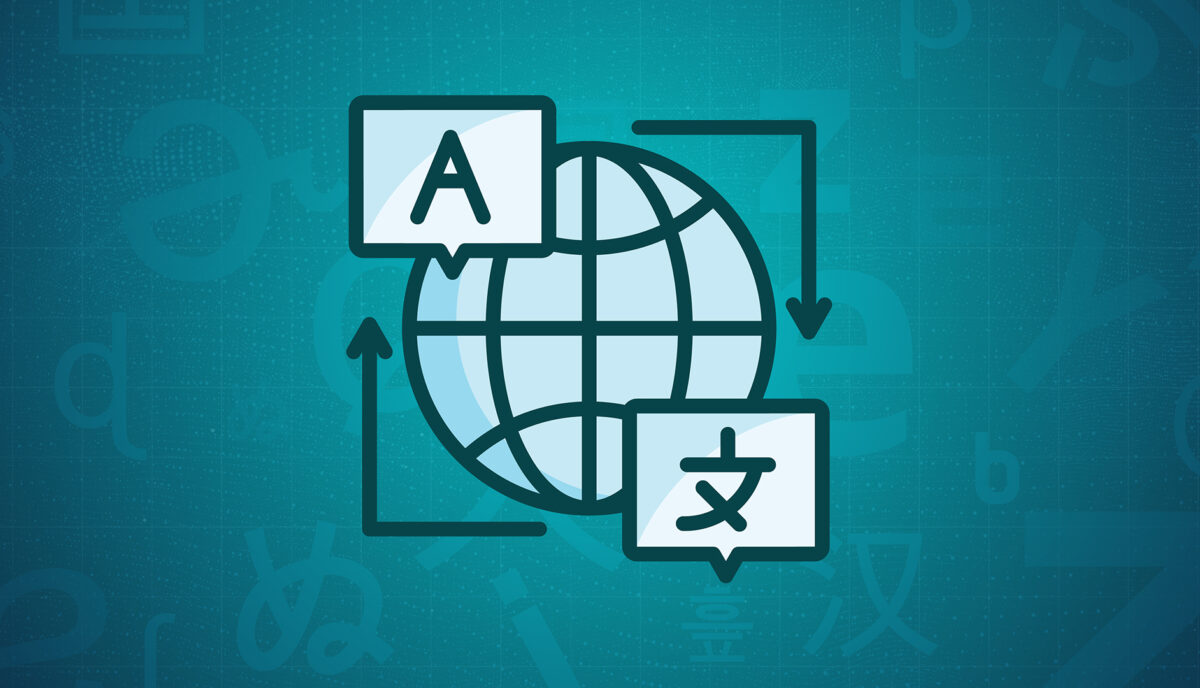Welcome Drupal 11 🎉
If you’ve been following along, Drupal 11 was set to be released during one of two windows in 2024 — either in July or later in the year in December — and a stable Drupal 11 release was just tagged earlier on Friday. The buzz is real because this major milestone is the first indicator that the community is on track to set the groundwork for the monumental efforts the Drupal community is rallying around with Drupal Starshot.
What is it?
Drupal 11 builds upon the significant updates that shipped with version 10.3, brings optimizations and the removal of old code, and sets the stage for upcoming releases that will support Drupal Starshot initiatives.
Drupal 10.4 (yet to be released) is being positioned as a long-term support (LTS) release that will continue to be supported until mid-2026, so there’s no urgency to update to Drupal 11 immediately. While in the past, site owners felt some urgency to upgrade as soon as possible, this time around there’s a longer runway before that needs to happen. That being said, sites will need to be upgraded to 10.3 before being updated to Drupal 11, so if you’re not yet on the current version of Drupal 10, that should be your priority.
Slide shared at Drupalcon Portland outlining release plan for v10 support through mid-2026
Why is it important?
Over time software at all points in your technology stack will see updates — at least that is what we hope for! — which means that not only does Drupal get updated, but the technologies that Drupal is built to run on will see updates, too. One of the most important changes with Drupal 11 is the new platform requirements that include updating to PHP 8.3.
PHP 8.3 brings significant performance improvements that will result in a faster Drupal application as well as the opportunity for lower costs to run the application, which means less impact on the environment — a definite win in our book.
Beyond updates to support the latest and greatest platform versions, other improvements include the removal of some lesser-used core modules and deprecated code—so, some code-level housekeeping.
Most importantly, the introduction of official LTS releases means that site owners will have a more predictable roadmap for when updates need to happen without feeling like they need to be early adopters when contributed modules may be lagging behind the new core releases.
Why are we excited about it?
With Drupal 11 cementing changes that were introduced with Drupal 10.3.x, updating dependencies, and removing lesser-used features, this release lays the foundation for the Drupal Starshot initiative to build upon and includes Single Directory Components (this provides support for a component-based development approach) and (experimental) Recipes support, which is a Starshot initiative feature that will allow sites to add new complete features to a site through bundled configuration settings.
Oomph has been contributing to the Starshot initiative since it was announced at Drupalcon, and we’re really looking forward to what’s ahead! We’re also thrilled to see Drupal in a position to adopt newer versions of the libraries and packages it depends on because that means streamlined development support and the benefits of the updates and improvements that those communities are making to their software reach us as well.
Drupal 11 Release changes
Notable changes to Drupal 11 include:
- Removal of the following modules:
- Actions UI
- Activity Tracker
- Book
- Forum
- Statistics
- Tour
- PHP and database version requirements
- Updates to certain access restrictions
- Removal of non-essential admin paths
- Updates and removals to PHP and Frontend dependencies
See the release notes for full details.



